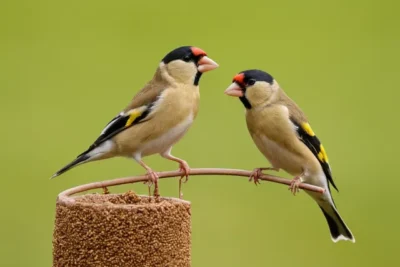



Feeding a pregnant cat requires some special considerations to ensure that she and her growing kittens receive the proper nutrition. One important tip is to gradually increase the pregnant cat's food intake from the day she mates until the end of her pregnancy. This gradual increase helps to accommodate the nutritional needs of the developing kittens and supports the mother cat's health.
As the pregnancy progresses, it is recommended to feed the pregnant cat about 50% more than her normal level by the end of her term. This increase in food helps to provide the extra energy and nutrients needed for the mother cat to support the growth of her kittens and maintain her own health.
When it comes to feeding a pregnant cat, it is often beneficial to consider a mix of wet and dry food. Wet food can provide additional hydration and can be easier for the pregnant cat to eat, especially as her appetite may change throughout the pregnancy. Dry food, on the other hand, can help to keep her teeth clean and provide some variety in texture.
During the fourth week of the pregnancy, it is a good idea to start feeding the pregnant cat kitten formula. Kitten formula is specially formulated to provide the necessary nutrients for the developing kittens. It can be mixed with the cat's regular food or served separately, depending on the preference of the cat.
Along with proper food, it is essential to provide plenty of fresh water for the pregnant cat. Staying hydrated is crucial for her overall health and the health of her kittens. Make sure to clean and refill the water bowl regularly to ensure that the water is fresh and appealing to the cat.
If you need to make any diet changes for the pregnant cat, it is important to introduce them slowly. Sudden changes in diet can cause digestive issues and upset the cat's stomach. Gradually mix in the new food with the old food over a period of 7-10 days to allow the cat's digestive system to adjust.
Rather than feeding the pregnant cat one or two large meals, it is recommended to offer smaller meals throughout the day. This helps to maintain her energy levels and prevents her from feeling too full or uncomfortable. It also mimics the natural feeding behavior of cats, who prefer to eat small meals multiple times a day.
If possible, leave dry food out for the pregnant cat to graze on throughout the day. This allows her to eat whenever she feels hungry and helps to prevent her from going too long without food. However, it is important to monitor her food intake and adjust the amount accordingly to prevent overeating and excessive weight gain.
As the pregnant cat starts to eat more to support the growing kittens, it is normal for her to experience weight gain. This weight gain is a natural part of the pregnancy process and is necessary for the health of the mother cat and her kittens. However, it is important to monitor her weight and consult with a veterinarian if there are any concerns.
It is not uncommon for a pregnant cat to experience a loss of appetite towards the end of her pregnancy. This can be a sign that labor is approaching and is a natural part of the process. However, if the loss of appetite is severe or prolonged, it is important to contact a veterinarian for further advice.
If the pregnant cat's appetite significantly wanes or if she starts to lose weight, it is important to contact a veterinarian for further advice on nutrition. These can be signs of underlying health issues or complications with the pregnancy, and it is crucial to address them promptly to ensure the well-being of the mother cat and her kittens.
Related posts